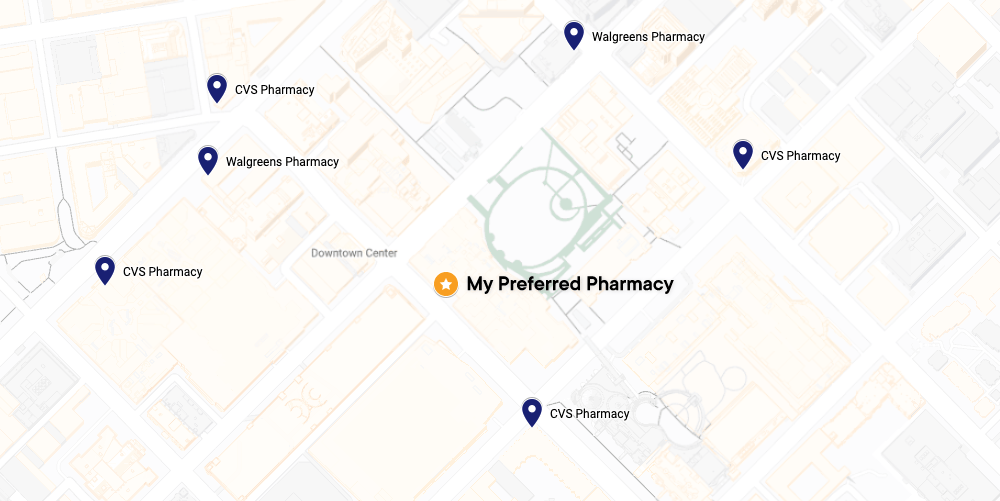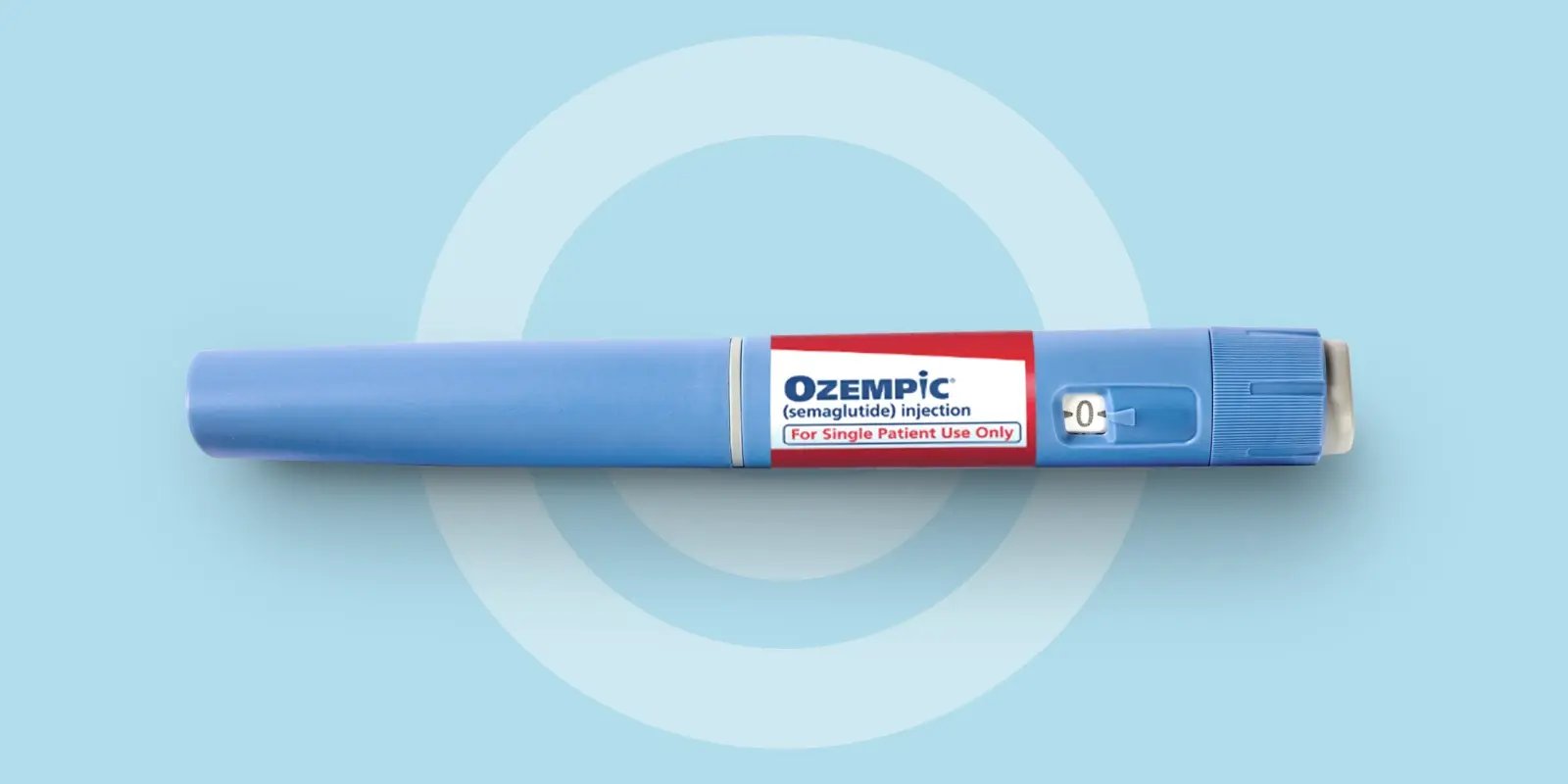
How long does it take for Ozempic® to work?

How fast does Ozempic® work to help you lose weight?
Ozempic® specifically aids in weight loss by helping to reduce appetite and control cravings, starting to show effects within the first one to four weeks of usage. Most users observe a steady, ongoing reduction in weight, noticeable changes occurring over approximately a year.1 Research shows that patients typically lose an average of 10-20% of their body weight within this 12-month period 8, Consistent medication use, combined with a balanced diet and regular physical activity, significantly enhances the weight loss effects of Ozempic® and supports long-term weight management goals.
How quickly does Ozempic® help reduce blood sugar?
Ozempic®’s onset of action is fast, working to lower blood sugar levels relatively quickly. It often shows initial results within the first week of reaching the maintenance dose. It is important to understand that individual responses can vary based on factors such as dosage, metabolic rate, and lifestyle choices. Our doctors are here to help you with every step of your journey. Consistent use of Ozempic®, alongside a balanced diet and regular exercise, can significantly enhance its effectiveness. Patients typically observe a noticeable reduction in blood sugar levels, which is a crucial step towards better overall health management, particularly for those with type 2 diabetes.
What about Ozempic® and gastric emptying delay?
The effects on gastric emptying typically begin to manifest within the first few weeks of treatment. By slowing gastric emptying, Ozempic® not only helps control appetite, but it is also how it helps with the regulation of blood sugar levels.
How soon after taking a GLP-1s will I see results?
While results vary from person to person depending on their medication dosage, rate of metabolism, and lifestyle choices (like diet, exercise, sleep quality), you can consult our doctors for tailored care. Typically, you often start to see it working within the first one to four weeks. 1 Over the course of the first year, patients typically lose an average of 10-20% of their body weight 8 with the more dramatic results occurring when patients diet and exercise regularly.1,2,3 Exercise, in particular, has been shown to be a key component of long-term success when taking any GLP1 agonist!
Medically guided weight management with GLP-1s
Get a new prescription or refill for GLP-1 medications from a board-certified primary care doctor today.
Compounded tirzepatide
Wegovy®
Zepbound™
Mounjaro®
Ozempic®
Saxenda®
Rybelsus®
Victoza®
Compounded semaglutide
Compounded tirzepatide
Wegovy®
Zepbound™
Mounjaro®
Ozempic®
Saxenda®
Rybelsus®
Victoza®
How long can I take Ozempic®?
What happens if I stop taking Ozempic®?
- Some patients stop taking Ozempic® after reaching their goal weight or stabilizing blood sugar levels.
- Common side effects: nausea, constipation, acid reflux.
- No rebound or withdrawal symptoms, but weight gain can occur if eating habits return to pre-medication levels.
- Medication should be weaned off slowly to maintain healthy habits.
- Always consult with your doctor for customized medical advice.
3 simple steps to discuss Ozempic®

Book a visit with a doctor to discuss if Ozempic® is right for you.

Talk to your physician regarding your goals
Visit with a doctor on your smartphone or computer. Often, lab work is required, and they’ll send an order to your preferred lab. Once your results are available, your doctor will review them with you and discuss treatment options.

Follow up with your doctor to discuss a prescription if you qualify.
Ozempic® pricing details
30 days of free membership
- Same-day appointments 7 days a week
- Unlimited messages with your Care Team
- Exclusive discounts on lab tests
- Free memberships for your family
- Cancel anytime
Paying with insurance
$19.99
First month free
Copay
Visit price with insurance



Paying without insurance
$19.99
First month free
$129
Visit price without insurance
Initial visits are $129.
*If we're unable to treat you, we'll provide a full refund. Please note that any medication or lab work costs are not included. Please refer to our refund policy for additional information.
Other Ozempic® Resources:
Sources:
PlushCare is dedicated to providing you with accurate and trustworthy health information.
- Diet, M. C. (2024, April 22). How fast does semaglutide kick in? Mayo Clinic Diet. https://diet.mayoclinic.org/us/blog/2024/how-fast-does-semaglutide-kick-in/
- Bergmann, N. C., Davies, M. J., Lingvay, I., & Knop, F. K. (2022). Semaglutide for the treatment of overweight and obesity: A review. Diabetes Obesity and Metabolism, 25(1), 18–35. https://doi.org/10.1111/dom.14863
- Chao, A. M., Tronieri, J. S., Amaro, A., & Wadden, T. A. (2023). Semaglutide for the treatment of obesity. Trends in Cardiovascular Medicine, 33(3), 159–166. https://doi.org/10.1016/j.tcm.2021.12.008
- https://health.ucdavis.edu/blog/cultivating-health/ozempic-for-weight-loss-does-it-work-and-what-do-experts-recommend/2023/07
- Els, L. C. (2024, February 5). GLP-1 diabetes and weight-loss drug side effects: “Ozempic face” and more. Harvard Health. https://www.health.harvard.edu/staying-healthy/glp-1-diabetes-and-weight-loss-drug-side-effects-ozempic-face-and-more
- Ozempic® side effects. (2024). Ozempic® (Semaglutide) Injection. Retrieved September 22, 2024, from https://www.ozempic.com/how-to-take/side-effects.html
- Wilding, J. P., Batterham, R. L., Calanna, S., Davies, M., Van Gaal, L. F., Lingvay, I., McGowan, B. M., Rosenstock, J., Tran, M. T., Wadden, T. A., Wharton, S., Yokote, K., Zeuthen, N., & Kushner, R. F. (2021). Once-Weekly Semaglutide in Adults with Overweight or Obesity. New England Journal of Medicine, 384(11), 989–1002. https://doi.org/10.1056/nejmoa2032183
- https://www.ncbi.nlm.nih.gov/pmc/articles/PMC9807016/#
PlushCare content is reviewed by MDs, PhDs, NPs, nutritionists, and other healthcare professionals. Learn more about our editorial standards and meet the medical team. The PlushCare site or any linked materials are not intended and should not be construed as medical advice, nor is the information a substitute for professional medical expertise or treatment.








